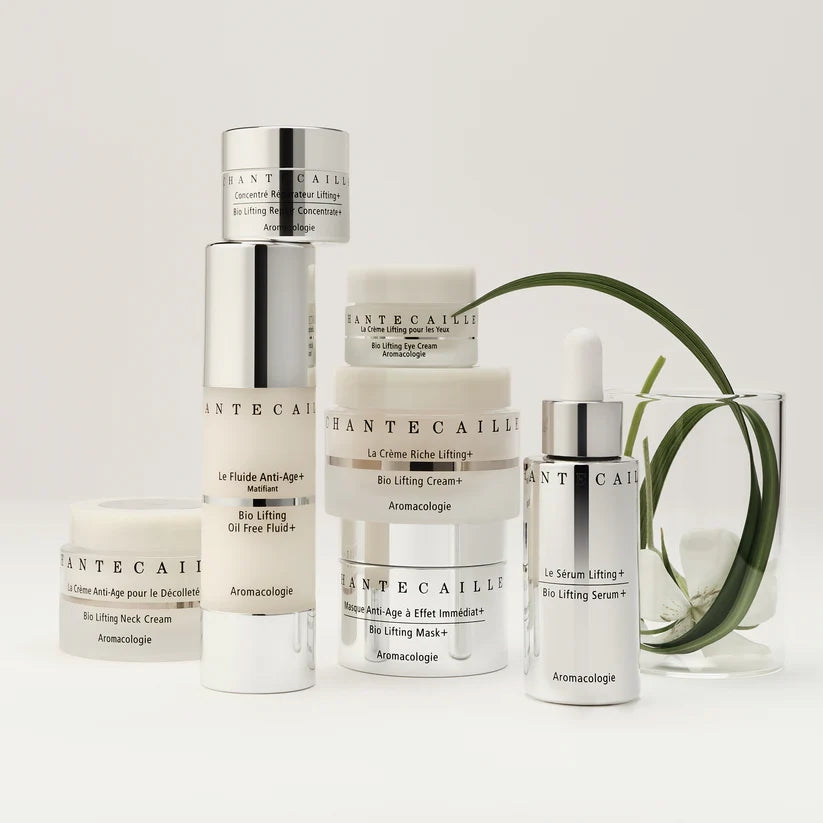
Keepers at Sheldrick Wildlife Trust's Nursery feed the ellies / All photos courtesy of Sheldrick Wildlife Trust
Adopt a Rescued Orphan Elephant
This conservation gift has huge impact.
At 11am each morning, a caravan of baby elephants, their ears flapping as they trot behind each other, eagerly follow their keepers into a rust-colored clearing known as the “mud bath.” It’s time for their mid-morning feeding at the Sheldrick Wildlife Trust Nursery in Nairobi National Park, on the outskirts of Kenya’s capital. The keepers in their green uniforms cart out what appear to be giant baby bottles of milk formula, which they tilt up for the ellies to guzzle. The love and trust between the keepers and the babies is palpable. These are elephants who have been orphaned and rescued—from injuries inflicted by snares or after the loss of a mother to poaching, disease or drought—and brought to SWT’s Nursery in Nairobi National Park for careful healing and rehabilitation.

Baby orphan elephants; at the mud bath
FROM ORPHANAGE TO THE WILD
The Orphans’ Project is the foundational work of the Sheldrick Wildlife Trust, a pioneering conservation charity that has protected wildlife and wild habitats in Kenya for more than 40 years. Its founder, Dame Daphne Sheldrick, was the first to develop the husbandry techniques and special milk formula that orphaned elephants require to thrive without their mothers. Sylvie Chantecaille met Daphne in Kenya more than a decade ago—“I actually fell in love with elephants (and Africa) because of Daphne Sheldrick,” Sylvie says—and began to support the organization, now run by Daphne’s daughter, Angela Sheldrick. Both families have grown close in the years since, and Chantecaille has launched several products in support of the Trust’s work.
“To date, the charity has successfully raised 263 orphans, many of them now living in the wild.”
The Trust can accommodate up to 36 infant elephant orphans at the Nursery, where they will spend their formative first years, before moving on as adolescents to one of three reintegration centers south of Nairobi in the Greater Tsavo Conservation Area, including Ithumba (which the Chantecailles visited last year). In Tsavo the elephants take the lead, mixing with wild elephants and exploring this vast ecosystem before choosing, at their own pace, to return to a fully wild life. While the young adult elephants are free to roam far and wide in this protected environment, many return to the compound to visit, often bringing along their wild-born babies. These natural environments are also protected by the Trust, in partnership with the Kenya Wildlife Service, with anti-poaching, mobile veterinary assistance, and healthy ecosystem maintenance through land management and tree-planting. (Chantecaille has contributed 120,000 trees to this effort.)

Olivia and her daughter Delphina at a feeding; an orphan for "adoption"
THE ADOPTION SOLUTION
But hand-rearing an orphaned milk dependent elephant isn’t cheap, costing upwards of $10,000 a year to raise each individual. The Trust seeks donations to foster or “adopt” an orphan at the Nairobi nursery, raising critical funds for their care. For $50 a year, donors can choose a baby elephant, for themselves or as a gift, receiving exclusive content including a personalized adoption certificate and monthly updates written by the keepers.
There’s also the backstory about each orphan rescue. For instance, Roho is a two-year-old male who was orphaned as a result of a suspected poaching—a call from the Kenya Wildlife Service prompted an aerial search that spotted a tiny elephant calf huddling beside the body of his deceased mother in the dense bush of Tsavo West National Park. (Elephants are highly empathetic and mourn like humans.) Olorien, a two-year-old female, was called in last June 2020 by Masai herdsman in the Masai Mara, who spotted a lone calf trying to follow their grazing cattle. After she failed to be reabsorbed by a herd in spite of her plaintive cries, the team flew from Nairobi found the ellie, almost too weak to walk. Delivered back to the Nursery, Olorien eagerly sucked down her milk and is doing well today. You can read these and many more stories about the SWT’s orphan elephants—and also an adorable baby rhino named Apollo!—here. To date, the charity has successfully raised 263 orphans, many of them now living in the wild. At least 38 babies have been born to elephants rescued, raised and reintegrated by the Sheldrick Wildlife Trust. “Family and friends are the most important thing in an elephant’s life. They are so faithful, they never forget—and once they love a human, they will always love him or her,” Sylvie says.
Covid-19 has brought new challenges to the operation, including a halt to the income once derived from fees paid by visitors to the Nursery, and an increase in bushmeat poaching due to reduced surveillance of Kenya’s wilderness. Now, more than ever, adopting a baby elephant with no mama can help save the life of one of earth’s most endangered animals and fund the Trust’s wider program that rescues and rehabilitates them so effectively.
To view the orphans currently at the Nursery and adopt one, click HERE.
Shop This Story












